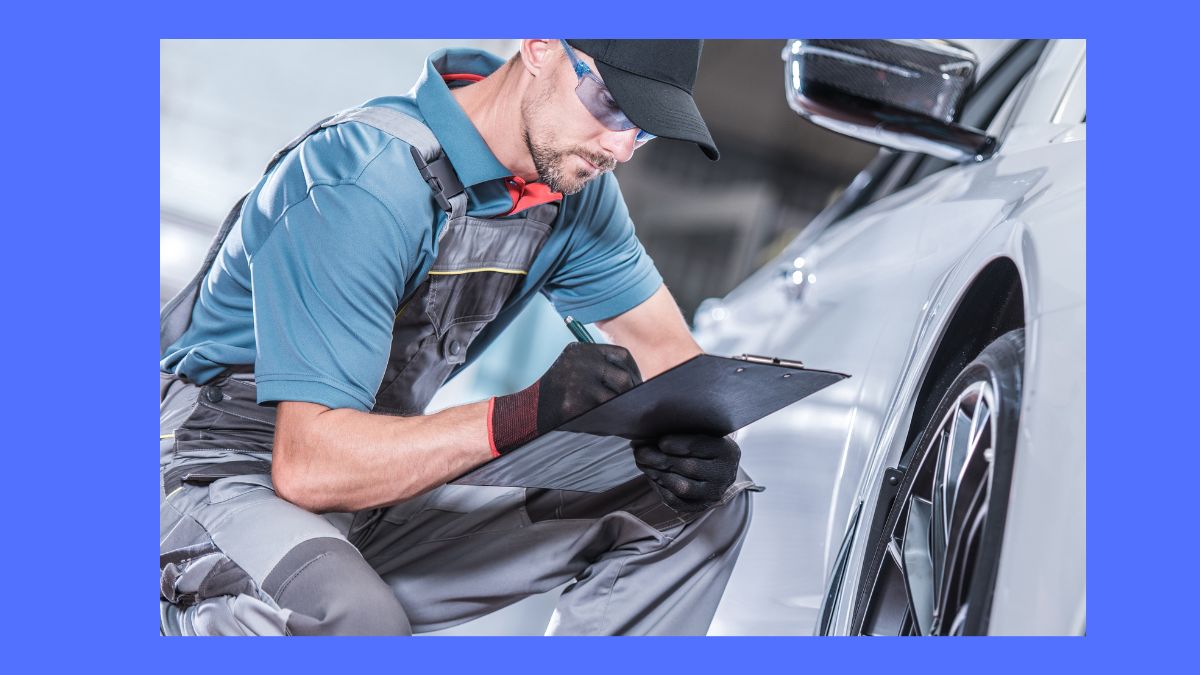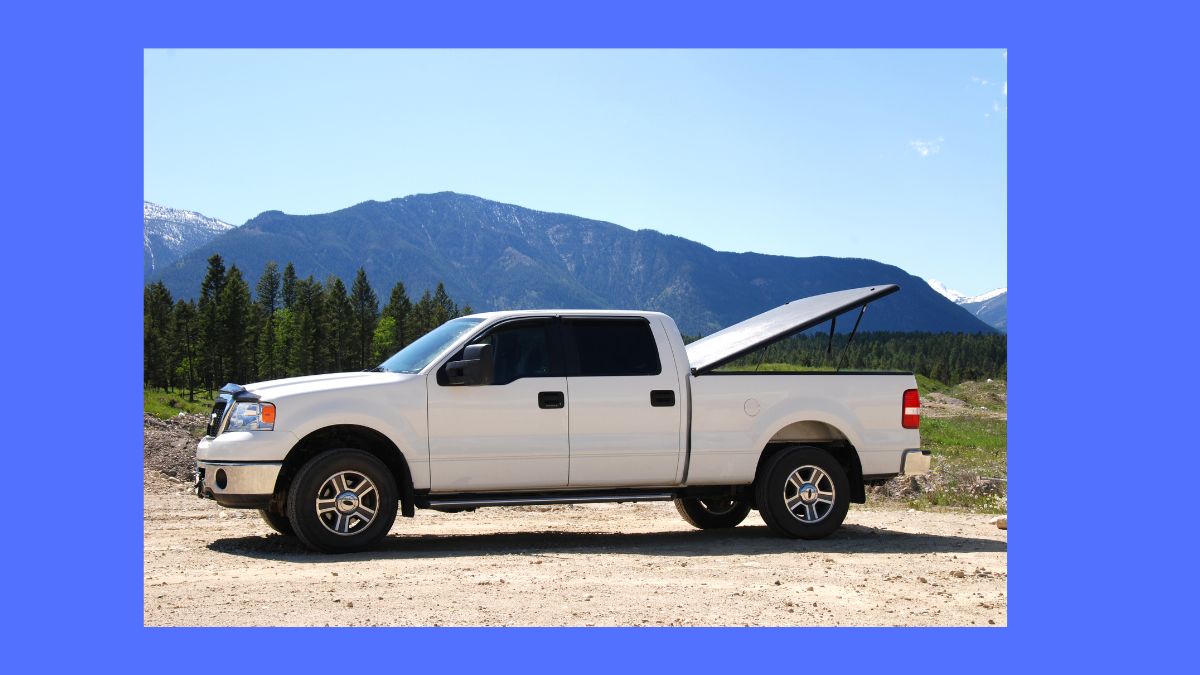Expert Brake Maintenance Tips For Your Truck
Brake maintenance in any vehicle is very important and should not be taken for granted. When driving or even parking your truck, you will need brakes. Brakes are lifesaving parts of your truck. They should therefore work effectively. Worn-out and faulty brakes are some of the common causes of road accidents. However, the role the brakes play exposes them to regular wear and tear. Regular maintenance of brakes enables them to work effectively. Here are some of the expert brake maintenance tips for your truck.
Check the Brake Rotors
When checking your brake pads, consider checking the brake rotors since the two are in regular contact whenever you press the brake pedal. Check the surface of your rotors. If you note grooves on them, it means that the brake pads are eroding the rotors.
If the damage is mild, grinding the rotors will make them smooth. But if the damage is extensive, consider buying new rotors.
Inspect the Brake Pads
The brake pads take all the heat whenever you press the brake pedal. This should be the first thing in your brake maintenance. They, therefore, wear out at a very high rate. In some trucks, you can see the brake pads from the outside, but in some, the pads are hidden.
It is essential to check the condition of your brake pads every 6,000 miles. To check the brake pads, you have to remove the tires. The pads should have even surface wear and be 5 millimeters thick. If they are worn out, consider fixing new ones.
Inspect the Brake Lines and Master Cylinder
The brake line and master cylinder are two essential parts of your truck braking system. Their primary role is to transfer the brake fluid from the reservoir to the brakes. When inspecting the lines, check for leaks that usually occur at the joints between the master cylinder and the lines.
Check the Brake Fluid Levels
One of the fluids you should regularly check is the brake fluid. You must first know where your fluid reservoir is to check your brake fluid. The reservoir has marks that can help you to determine if you have the right quantity of brake fluid.
Besides checking if you have the right brake fluid levels, knowing if you are using the right brake fluid is another crucial thing when doing brake maintenance. You can know this by checking the owner’s manual, which clearly states the right type of brake for your truck.
Replacing the Brake Fluid
Mostly, we do top up the brake fluid if their level drops. Doing this can infiltrate the brake fluid, damaging the master and the wheel cylinders.
It is thus necessary to replace your brake fluid after every two years or after covering 25,000 miles. Before changing the brake fluid, locate where the bleeder screw is, usually at the back of the brakes.
Once you open the bleeder screw, the old fluid will drain out. Never open the bleeder screw if you do not have the right tools, as this can cause serious damage.
Conclusion
Signs of faulty brakes, such as squealing sounds, soft brake pedals, and hard brake pedals, are clear signals that your brakes need maintenance. Truck brakes are complex, and you should consult a professional mechanic to fix them when faulty. When an expert is performing brake maintenance, be attentive to what various parts of the brake look like when worn out.



